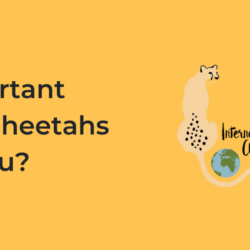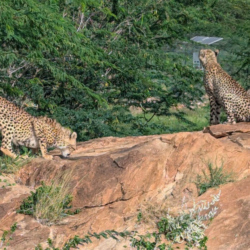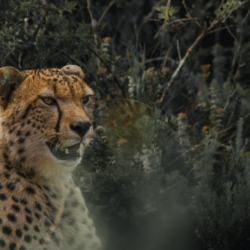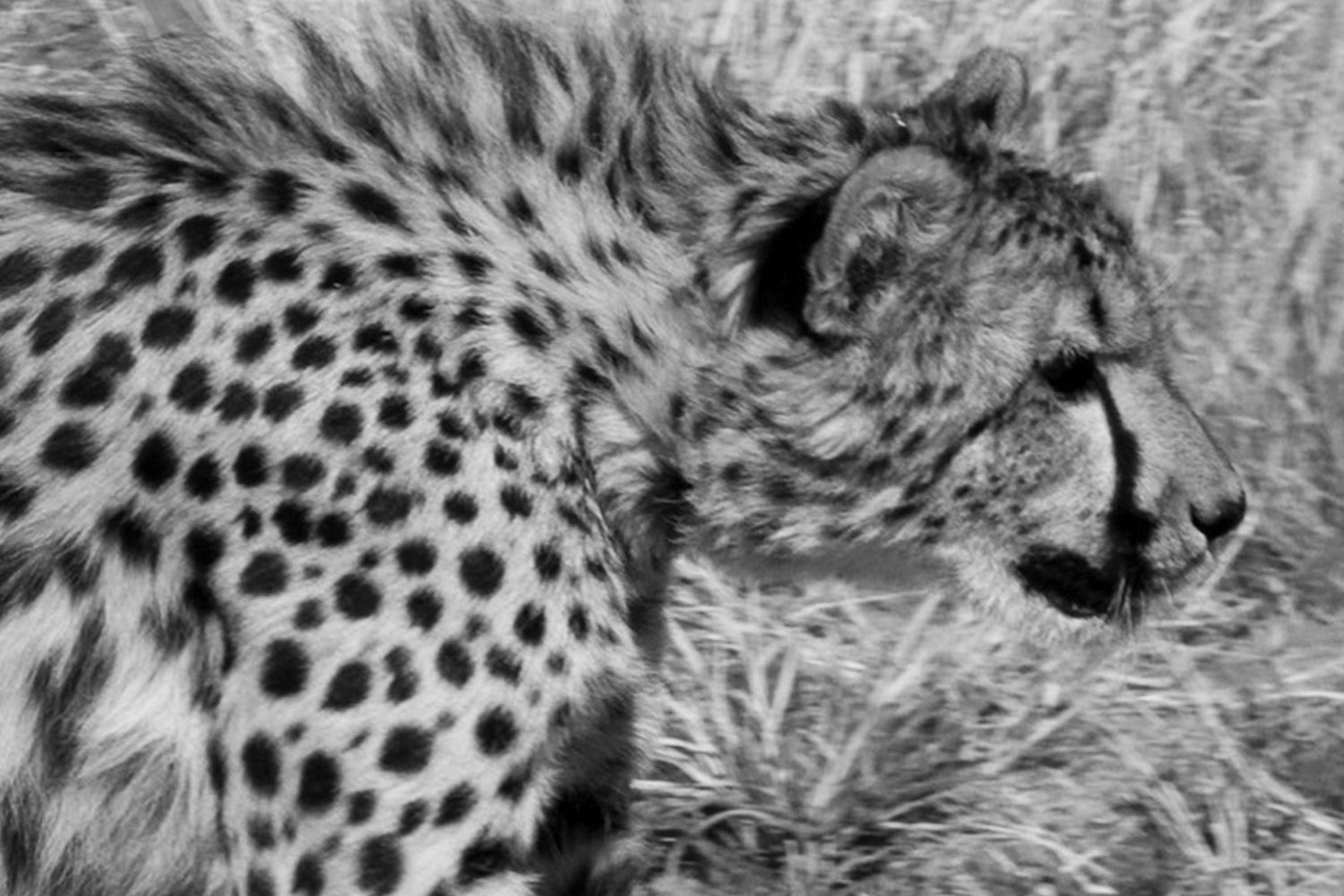How we keep the wild, wild
-

- by Hannah Mulvany 9 March 2022

All of our programmes strive to keep cheetahs where they belong – in the wild. We work holistically, targetting issues at the source to have a positive impact for all wildlife, ecosystems and local people. Only by considering all aspects of a landscape and its usage can we find ways for people and wildlife to live together harmoniously. This year, we’re highlighting all the ways we Keep the Wild, Wild at CCF, and we hope you will get involved in any way that you can to help us!
Human-wildlife conflict (HWC) mitigation
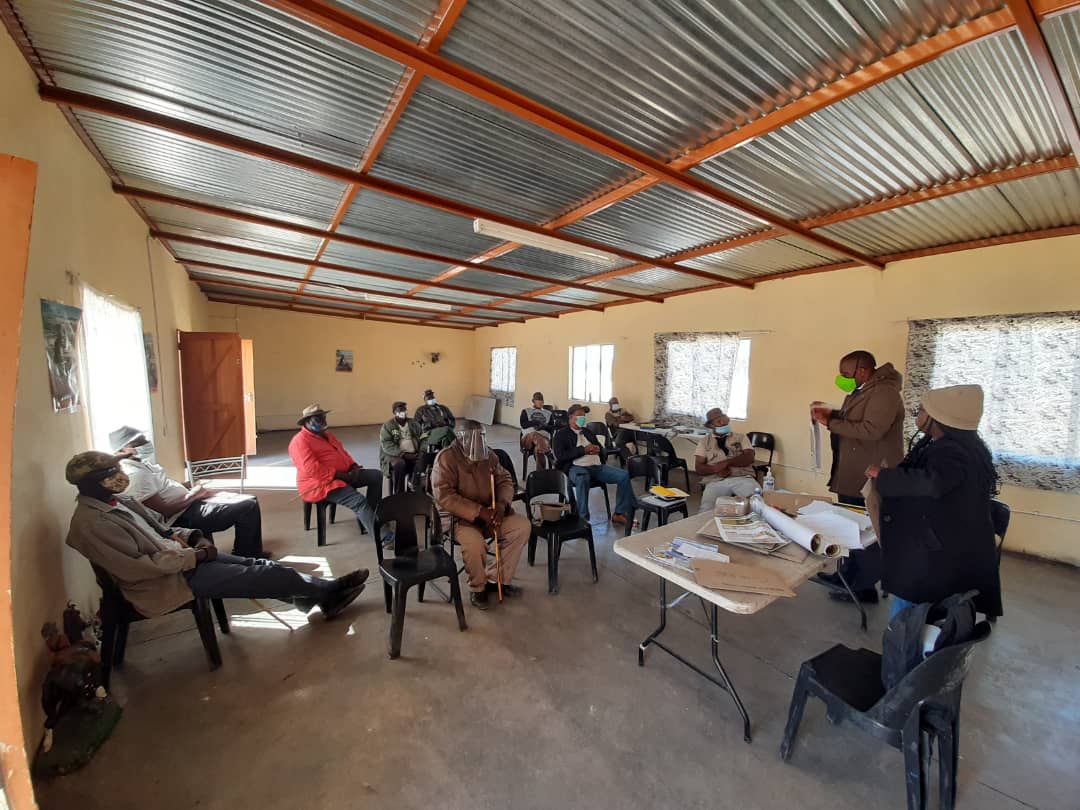
CCF works collaboratively to help communities to live and thrive alongside cheetahs, and all wildlife, through the provision of training and support in areas known as ‘HWC hot spots’ – where conflict between predators and livestock/farmers has become problematic for people, wildlife and the environment. CCF delivers training to members of the farming community to build practical skills in livestock health and non-lethal predator management. Trainees learn to appreciate predators and how to farm more effectively, sustainably and profitably – without impacting wildlife populations. CCF’s integrated approach has proven to reduce livestock losses by 90% and incidences of human-wildlife conflict by up to 80% with long term support. By improving relationships between farmers and cheetahs, we are decreasing the amount of conflict and helping to stop wild cheetahs from being killed or trapped.
Livestock guarding dogs
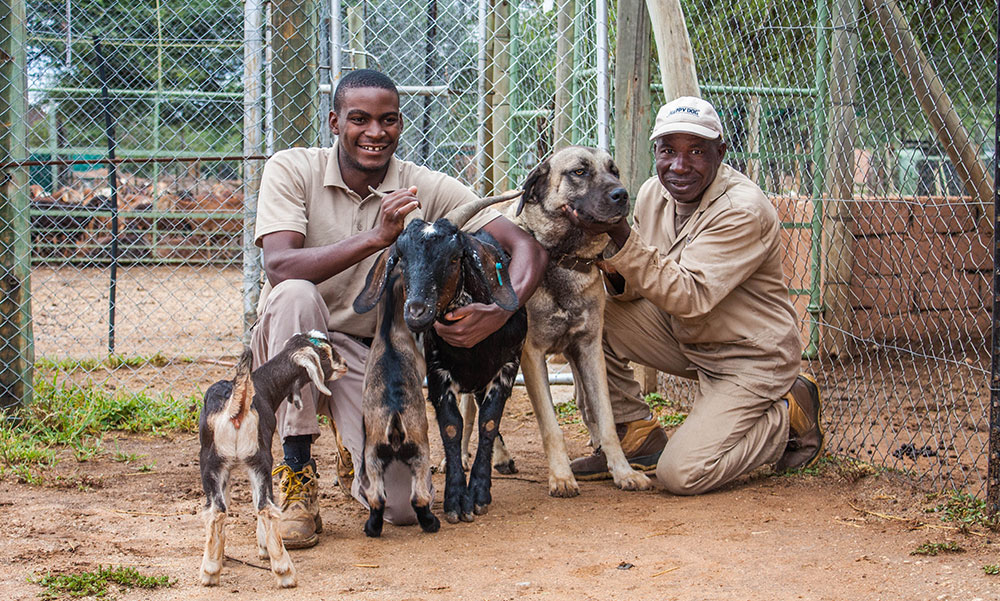
The livestock guarding dog programme is one of CCF’s most successful initiatives. We breed and train the dogs at our model farm in Namibia, then place them with farmers in ‘hotspots’ of human-wildlife conflict. These special animals use their imposing presence and loud bark warn off predators such as cheetahs, stopping farmers from trapping or shooting them in retaliation for killing their livestock. The programme is proven to reduce livestock losses to predators by up to 90%. By preventing cheetahs from attacking livestock, we are stopping human-wildlife conflict from occurring and encouraging cheetahs to pursue their natural prey.
Shutting down the illegal wildlife trade
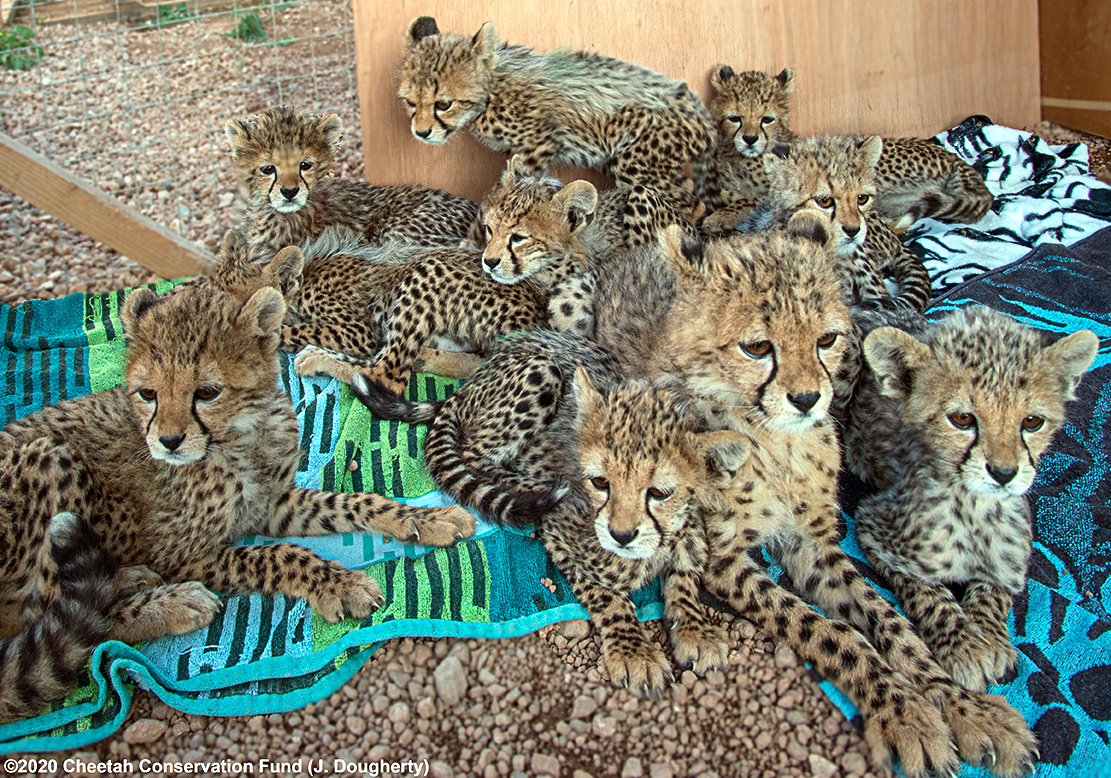
CCF is working hard to end cheetah trafficking. We educate communities in areas where trafficking is known to occur to reduce supply and work in partnership to reduce demand. We assist in rescue missions by providing veterinary help to rescued cubs, as well as providing them with lifelong care in our three cheetah safehouses, located in Hargeisa, Somaliland. Unfortunately we are unable to return most of the cubs we rescue to the wild as they are not equipped for life as a wild cheetah.
We also provide training to wildlife, police and legal officials in the Horn of Africa and are striving to create higher levels of protection for cheetahs through advocating at CITES meetings and strengthening wildlife laws and regulations in cheetah range countries. We want to stop cheetahs from being taken from the wild in the first place by reducing trade and improving legislation.
Sustainable livelihood development
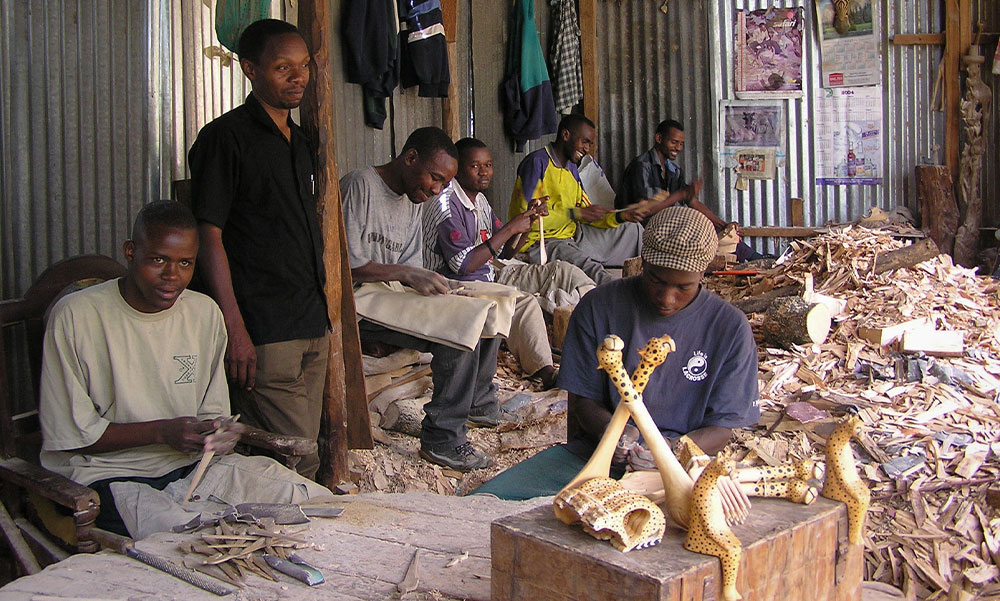
The key to securing a future for the cheetah, is to secure the livelihoods of the people who share its habitat. We provide training for local farmers at our Model Farm, teaching new skills that allow them to diversify their product offering, and offer job opportunities on the farm, and in our apiary and vineyard. We also offer local artisans the opportunity to sell their crafts in our on-site gift shop at CCF Namibia. Our sustainable livelihood programmes offer alternatives to the traditional farming jobs that can put people in conflict with wildlife, offer a range of career and training opportunities, and prove that there is benefit to our organisation working in the area for both humans and wildlife.
Bushblok
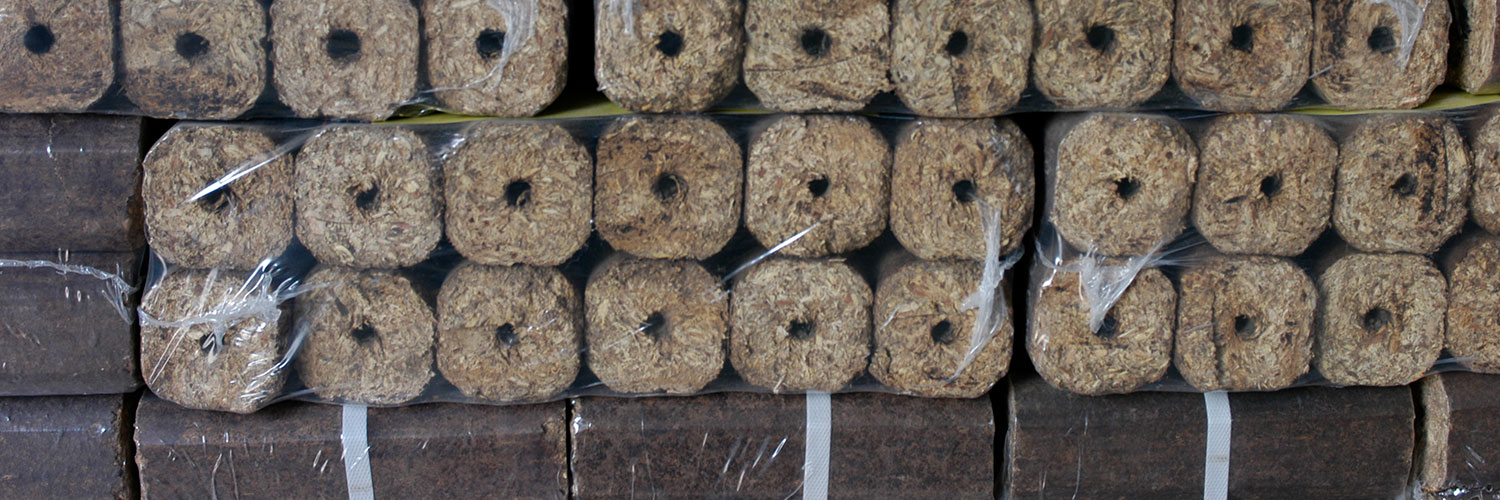
Bushblok is a biofuel made using overgrown thorn bushes. These invasive plants cause many issues for cheetahs due to the large, sharp spikes that protrude from its stems, which can cause injuries to cheetahs running at high speed to catch prey. When injured, a wild cheetah is prone to infection and may be unable to hunt, causing them to starve. Not only does our Bushblok programme remove these troublesome plants, it also provides a sustainable livelihood and income for local people.
Conservancies
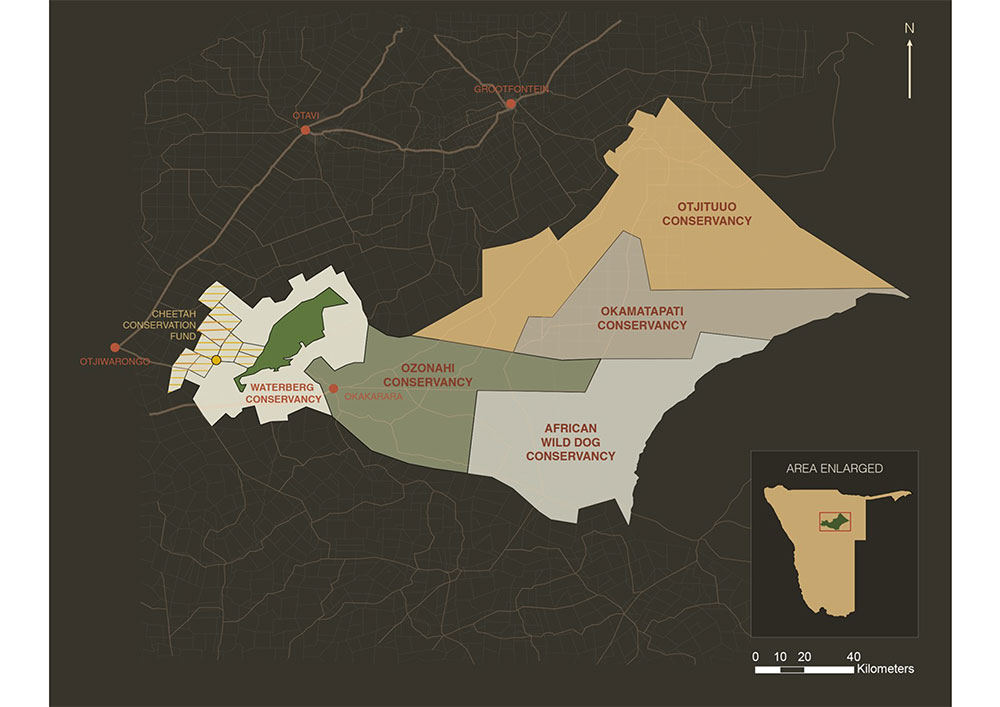
CCF is a member of Namibia’s Conservancy movement. Conservancies are operated by groups of land owners committed to managing wildlife responsibly. In Namibia, areas governed by conservancies are more resistant to poachers. The Greater Waterberg Landscape is the conservancy in which CCF participates. We work with communal farmers and people living around the Waterberg plateau as part of our holistic conservation strategy. Conservancies and protected areas help to ensure that there is habitat for the cheetahs we are working so hard to save.
Research
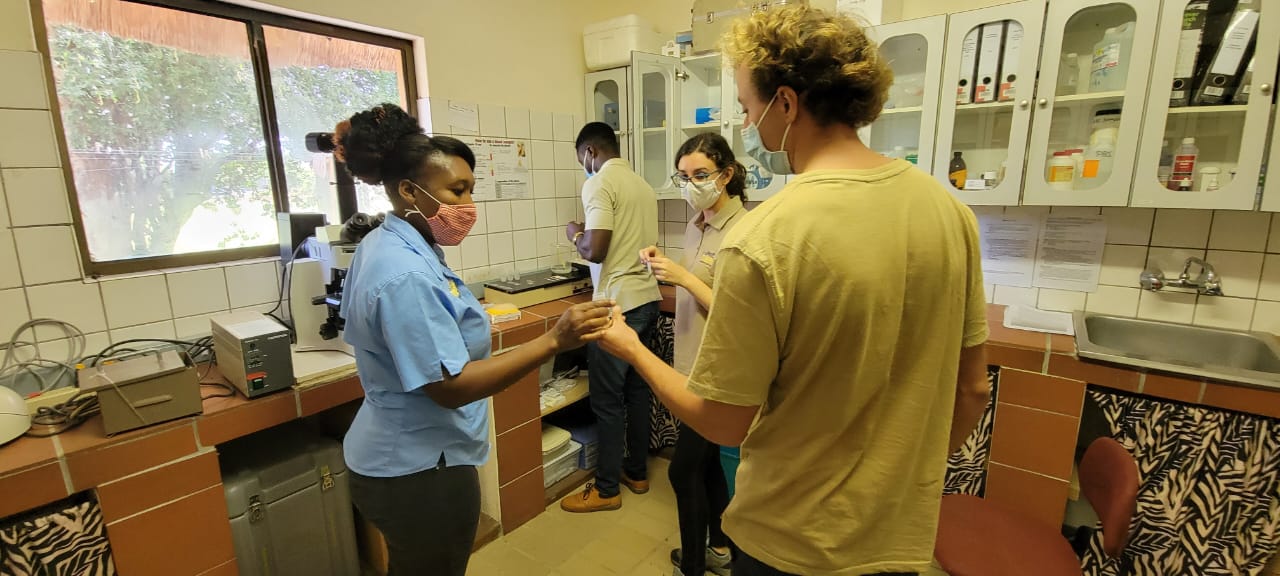
Scientific research is the backbone of CCF’s education and conservation activities. CCF’s scientific research on cheetahs focuses on a number of aspects of the cheetah’s life cycle, biology and genetics. By learning as much as we can about how cheetahs live and their genetic diversity, we continually increase our understanding on what we can do to help the wild cheetah population thrive.
Please help us Keep the Wild, Wild by joining one of our events, donating to support the work that we do, joining one of our amazing cheetah communities, or sharing your newfound knowledge with friends and family on social media or around the dinner table!
Related Reading
-
30 October 2024
Meet the Bandit Group: a crew of cheetahs aged 9 to 11 months
